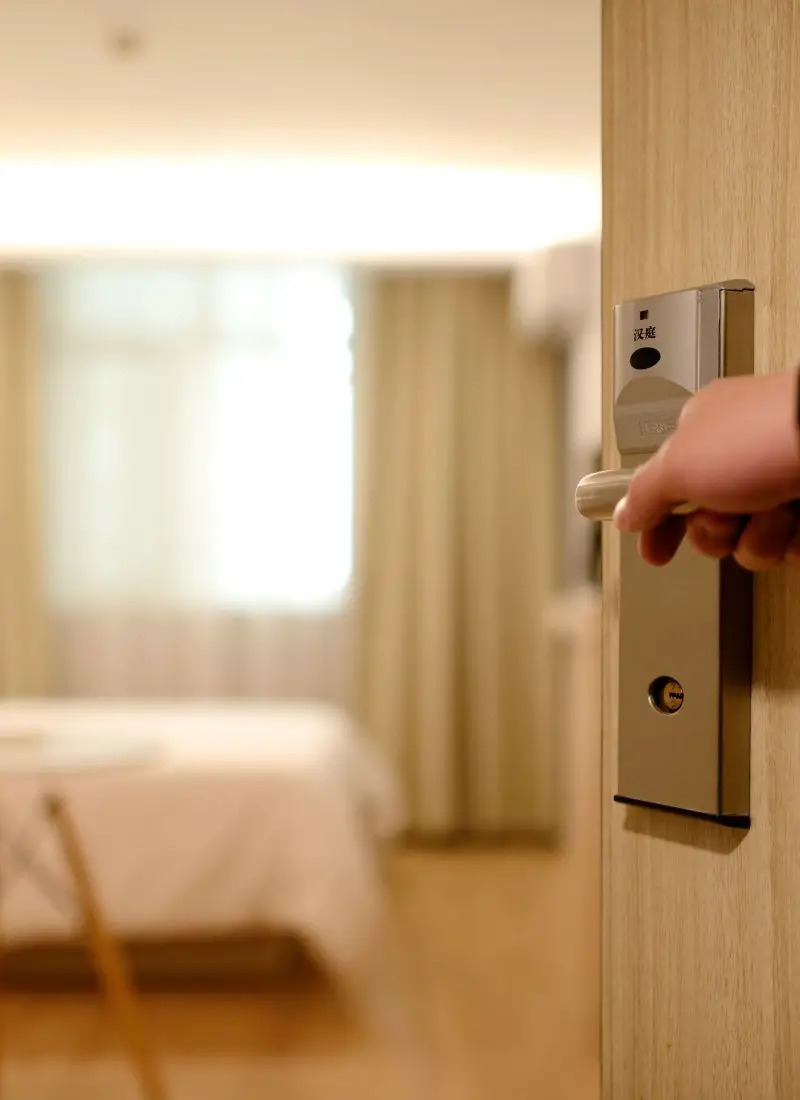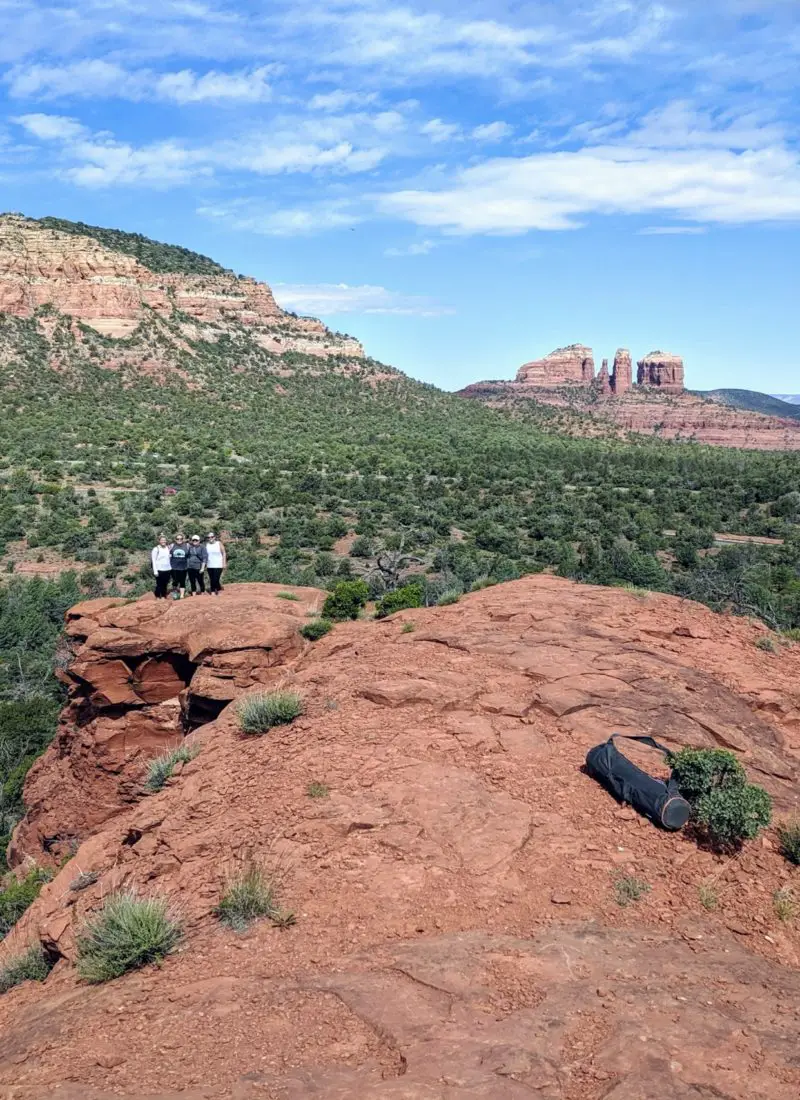You’re sitting in your desk chair staring at the computer screen. Spreadsheets. 14 tabs open. A full inbox. You direct your attention out the nearest window. It’s gloomy and cold rain is pouring down. Simultaneously, as you think I need a vacation, another email enters your inbox. Subject line: URGENT.
You decide enough is enough and you type in www.orbitz.com – they can find you cheap flights, right? You choose a sunny destination and a few random dates next month, click Search and wait for the spinning page to give you the results. (Meanwhile, your coworker just pinged you asking for a favor—are these people serious?)
Cheapest Flight: $350. What? How did [insert pinging coworker here] just find a round trip ticket for $200? Whatever. It will be worth it. It’s time to check your credit card balance—which you haven’t checked since before last weekend, in fear that it might cause you to collapse. And just like that…logging into your bank account crushes all your dreams. Again. How on earth did I spend that much money?
Sound familiar? Luckily, there are ways you can turn this never-ending cycle around. Read how to accumulate more money for travel—or any area of your life, and start bringing in more of the dough.
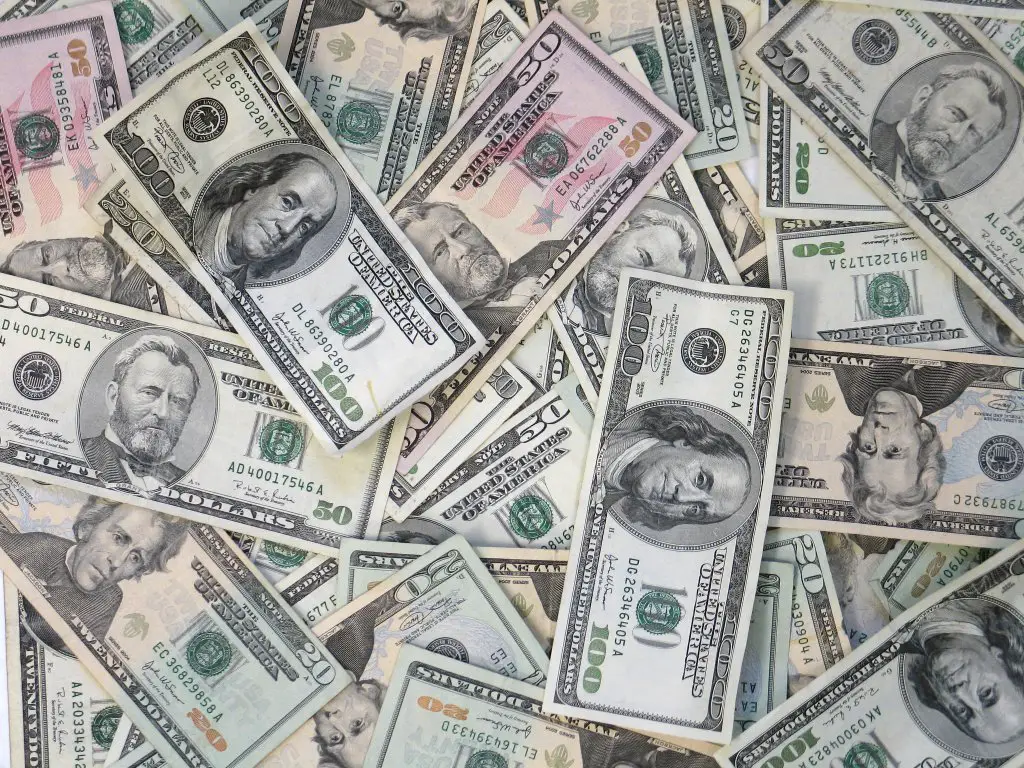
FOCUS ON HABITS
Nearly 50% of what we do is by habit. These are the small decisions we make on a daily basis. What you do and spend time thinking about is largely on auto-pilot and ultimately forms who you become. Your eating and exercise habits form how you look and feel. Your work habits determine how productive and successful you become. And both your thoughts about money and what you choose to spend money on are habits that can and will determine what’s in your bank account.
How do you think about money?
Self-Evaluate
When you hear the word money, what is the first word that comes to your mind? Evil, debt, stressful, bad, stupid? Or do you think pleasing, exciting, opportunity, growth, fulfillment?
Our own truths, thoughts, and words determine our experiences in life. Therefore, how you think about money affects how much money you accumulate. Your thoughts on the moola likely started to form when you were a kid, as a large portion of how you feel about money is due to how your parents managed and talked about their own financial situation. So think about it for a minute…
Do you find yourself thinking, and even saying, the following: I never have enough money. I will never earn enough money to travel. I don’t even know where my money goes. Rich people suck. Money is the root of all evil. I’m not capable of saving money to visit new places. I have kids so there is no money left to travel.
Make a Change to Accumulate Money
If these excuses sound familiar, you will need to change your thinking habits in order to accumulate more money. Your external world correlates directly with your internal world. Meaning, what you’re telling yourself is likely the results you are getting. If you, in your own heart, believe you can’t earn or save money, for whatever reason your subconscious tells you, how on earth could you?
Money is not evil. Or bad. Or only available to some. It’s simply a tool. And, there’s plenty out there. We just trick ourselves into thinking it cannot possibly belong to us! Change your thoughts from “I’ll never make enough money,” to “I am a money magnet!”
I strongly encourage reading the book “You Are a Badass at Making Money: Master the Mindset of Wealth” by Jen Sincero. She gives a tremendous, and hilarious, perspective on owning your finances.
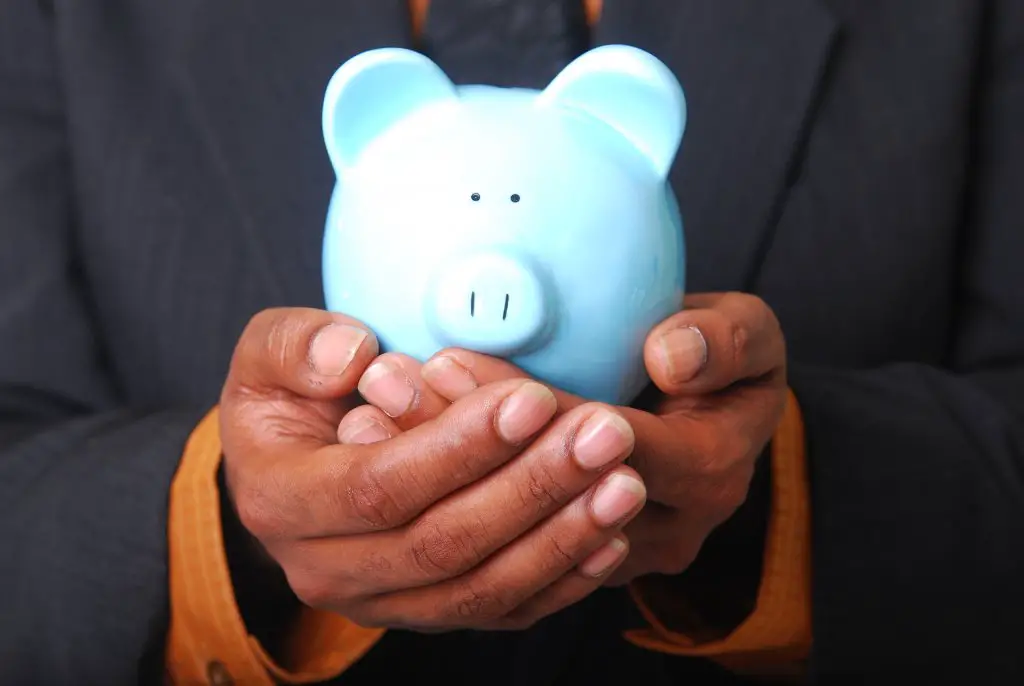
Do you purchase what you value?
Your spending habits are simply a reflection of your priorities. If you don’t know what your priorities are, take a look at your most recent bank statement. Do you value home cooked meals or enjoying lunch from the sandwich shop across the street from the office? Do you value a beautiful new car with a high monthly payment, or just getting from A to B in a car your friends assume you picked up down by the river? Does a coffee from the hipster cafe in the morning give you a small slice of heaven? Or can you get by with a caffeinated cup of Folgers?
I’m not calling any of these things wrong; it’s up to the individual. In my case, I value six beers at a bar every Friday night vs. buying a six pack (much cheaper) and staying home. I also value organic chicken, Pantene Pro-V, Uggs slippers, Folgers coffee, and a new hardcover book. Point is, figuring out what’s important to you, and what makes you happy, is key to spending the money you accumulate wisely. Unless the sandwich shop Reuben gives you all the feels, then change your habit and opt for a homemade sandwich or salad to save money.
Self-Evalute : 3 Simple Steps
- Print your two latest bank statements; this step is more effective when you have it on paper. In addition, grab three highlighters. Go line and by line, asking yourself “is this a need?” These are things like rent/mortgage, food (from the grocery store—sorry, Reuben lovers), gas, toiletries, etc. If so, highlight the line with your first color. Avoid confusion by thinking do I need this to survive (the answer is no, you coffee addicted hipster)? If it’s not a need, I want you to think “do I value this purchase?” Yes? Meaning it brings you joy, you would make the purchase again, and it was the best time to buy? Then highlight in a different color. If the answer is no, you don’t really see a purpose for that purchase and if given the chance, you would take it back, use your third color. If there is one thing you take away from this post, let it be Step 1 of this Self Evaluation – you will thank yourself.
- Evaluate your results; notice any patterns with your second/third colors? Are there purchases you would qualify as unnecessary? Take some time to really think about your spending habits and how they are matching up with what is important to you. It’s completely fine to spend money on what you value, but if you don’t value it, what’s the point? That money can be going elsewhere—like Boston, Seattle, or Nashville.
- Eliminate one category for two weeks and add on as you go; start small. You will not change these habits overnight and it’s ineffective to go about them all at once. Take on one spending habit highlighted in your third color—coffee, fast food, cable, Target runs, rushed shipping, frequent fine dining, and put a halt to spending money on it. Remember, you’ve already determined “I do not value this.” Once your two weeks are up, add another spending habit into the mix. Slow and steady wins the race. Continue doing this until you feel you have a strong grasp on what you are spending money on and that you are making decisions based on your values. TIP: form the habit of logging into your bank account every single day. This will eliminate purchases as well as the anxiety that come with checking it once every two weeks.
All of that money you’re not spending? Transfer it over to your savings account, or a savings app such as
FOCUS ON EARNING
Focusing on habits is important, but I hear you. You’ve already been told not to buy coffee on the daily, that you should stick to taking lunch from home, and that cutting cable can save you tons of money. These changes will have a positive impact on your budget, and I strongly encourage changing a few of your habits, but we’re not moving mountains here. If you are serious about accumulating more money for travel, the real key is putting a focus on earning more. How can you find additional green numbers in your bank account, outside of the paycheck you are collecting every couple of weeks? Here are three ways to accumulate money in a much larger capacity than cutting out a couple not-so-great habits.
Negotiate a Raise
Nobody likes talking about money—especially in the workplace. Asking for more from your employer can be intimidating, overwhelming, and complicated. That said, if you are doing well at work, have clear evidence of your recent accomplishments, and haven’t spent too much time browsing the web for airline tickets, asking for a raise can potentially put you on the fast track to earning more money and increasing your travel budgets. Extra bonus: you’re not trading time for money in this scenario!
Your voice is important and you are your own best advocate. If it doesn’t go your way the first time, don’t lose your sense of urgency to accumulate more money. Track your accomplishments, continue showing up, and your raise will come. Along with trips to the beaches and mountains. Start here with a good article from the Muse, 8 Things to Know Before Asking for a Raise.
Get a Side Hustle
You don’t need to be Insta-famous or a freelance writer to have extra Benjamin’s coming in. There are hundreds of ways to make a second income—even if it’s $100 per month. Love dogs? Look into dog-walking or dog-sitting on the weekend. Are you a self-proclaimed clean freak? Find a way to clean houses. Hell, start with your messy friends—I’m sure they would be glad to pay you vs. an overpriced professional. Are you the worlds-best [insert dessert] maker? Start slinging that on the side. Coach a sport, put your home/apartment/room up on Airbnb, drive for Uber/Lyft, bartend, babysit, shovel/mow, let people borrow your car with Turo, flip furniture, pick up a shift at a local shop in your neighborhood. Where there is a will, there is a way. Doing something once a week to accumulate money for a little extra cash can really pay off.
Not sure where to start? Write down three things you are good at or love to do that feed your happiness. From there, start brainstorming opportunities to earn more cash.
Sell Your Possessions
We live in a world that is obsessed with stuff. Take a walk through your garage, basement, kitchen or bedroom closet. There are likely items laying around that do not serve a purpose. Use Facebook Marketplace, Craigslist, or
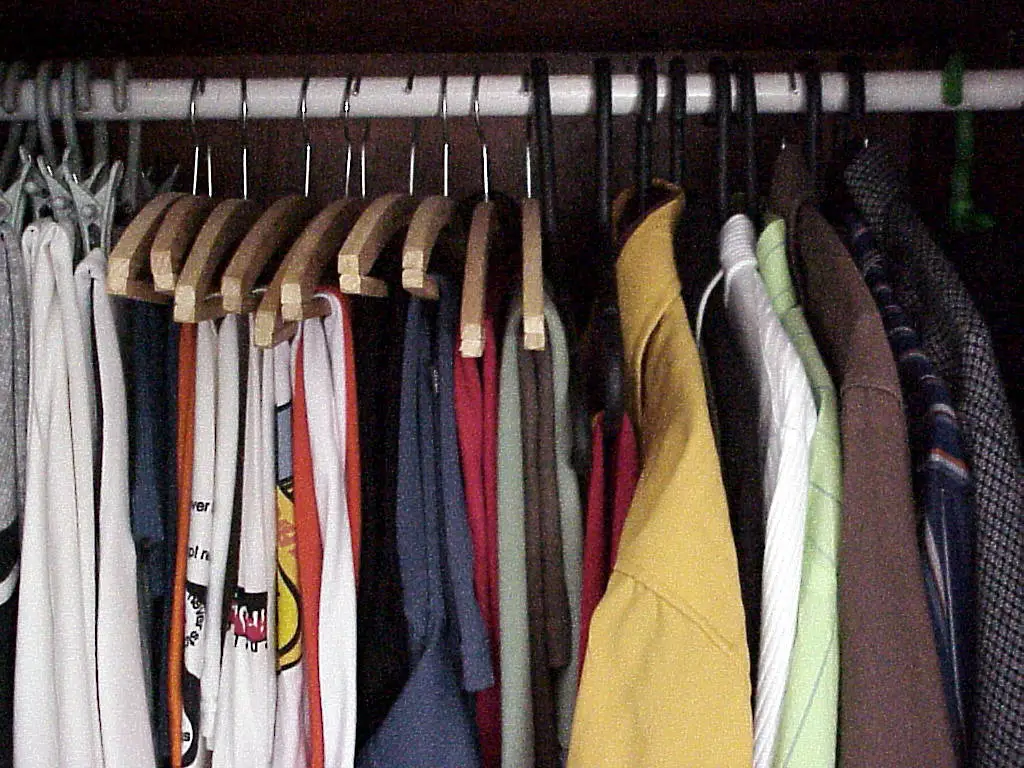
Sell or trade in your car for a cheaper model. Get rid of unnecessary furniture. Go through old DVDs and books. Sell the kids’ old Xbox—they will only be mad for a minute. Four-wheelers, Jet-skis, snow-blowers and riding lawn mowers that sit in your garage and collect dust. Clothes you haven’t worn in months. Trick here—turn all your hangers backwards and once you wear something, put it back in your closet with the hanger going forward. Continue this for a couple of months and boom, sell the clothes that are still turned backwards—you don’t wear them!
Selling your unused items is not only going to create a more livable, clean, home but also accumulate money to spend on things and experiences you enjoy.
Believe it or not, earning more money is a choice
The way you think about money is on you—and if you were able to form negative thoughts about it in the first place, you have the power to change them to positive thoughts now. Spending money on only things and experiences you value is completely up to you. And earning more money, whether it be from getting a side hustle, to courageously asking for a raise, to selling items you don’t need, is based on the willpower inside of you. You want it. Now go accumulate more money.
Looking for more after reading How to Accumulate More Money for Travel? Check out my 5 Ways to Save Money for Your Next Trip.
